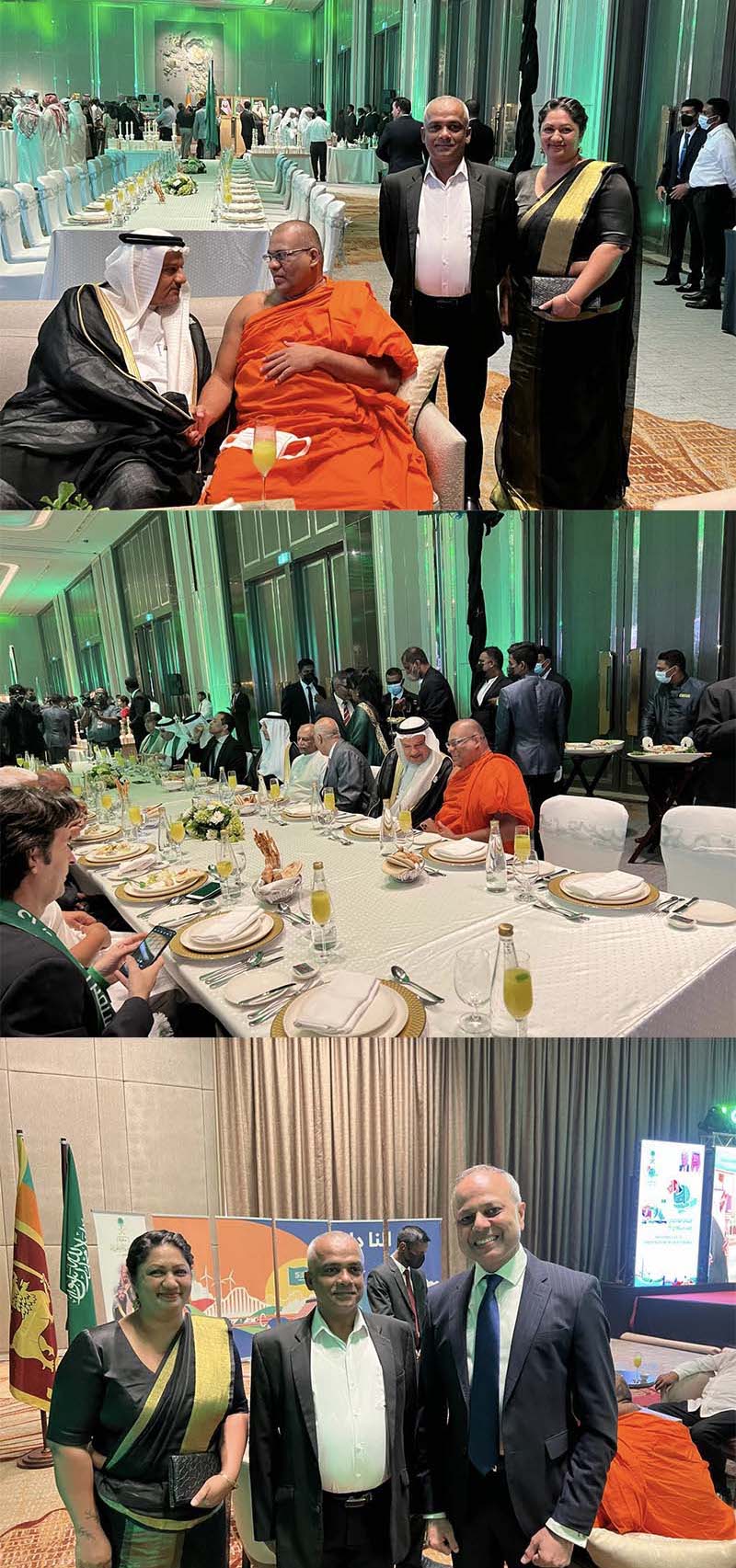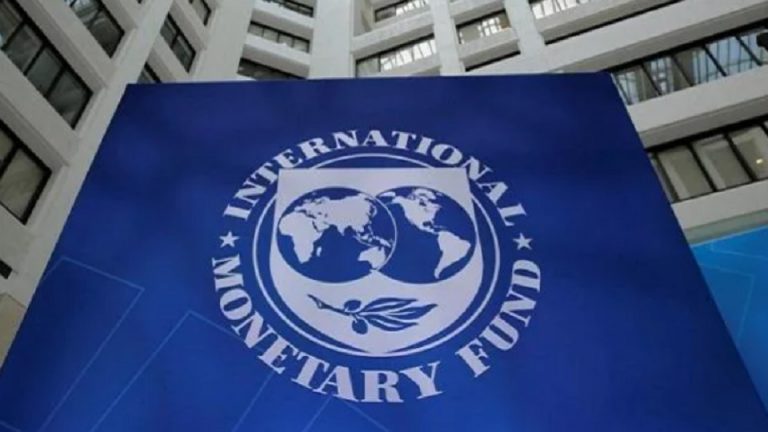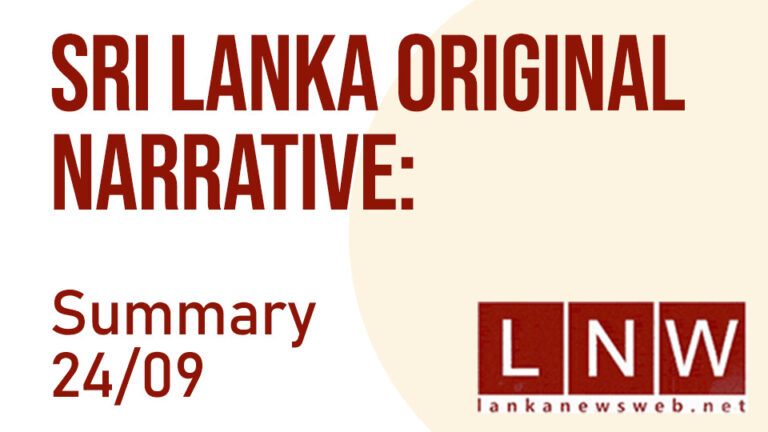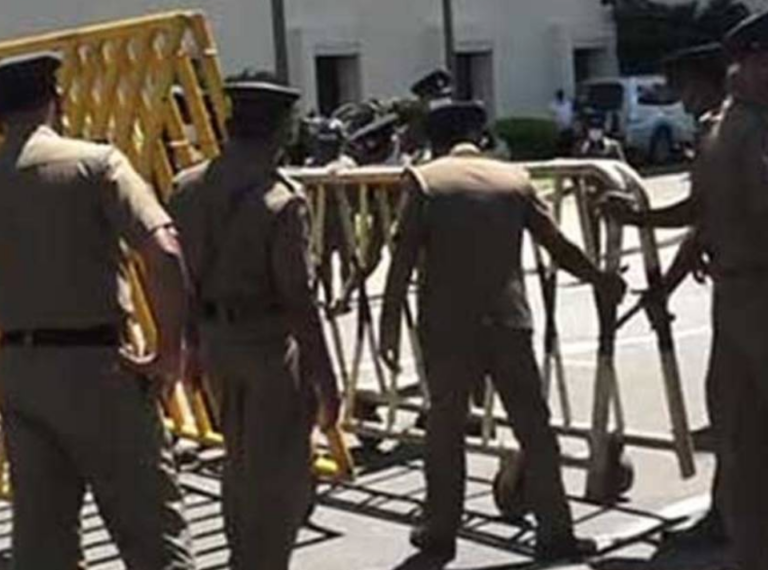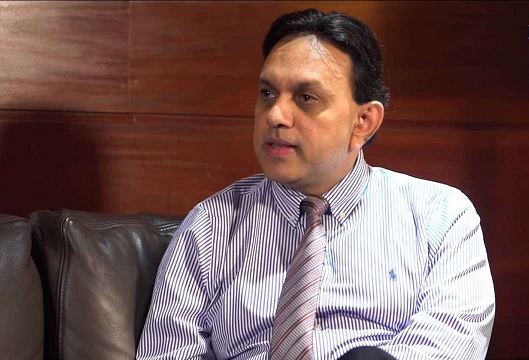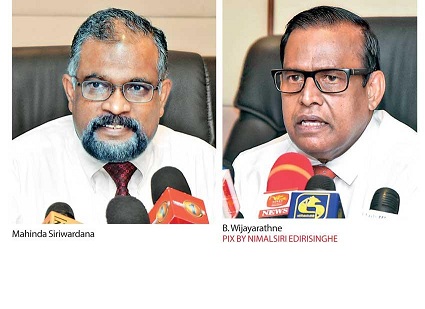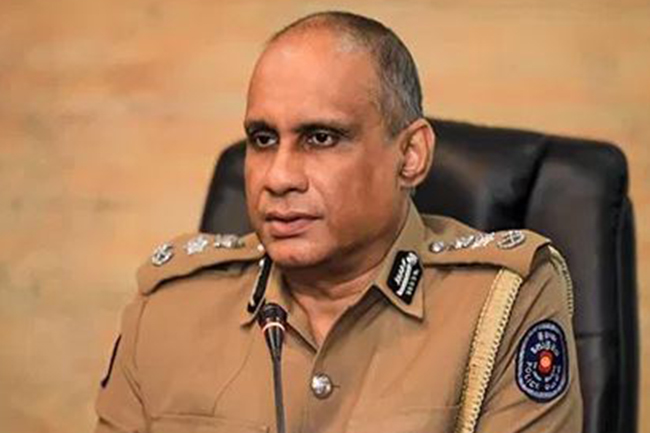Lanka News Web previously reported in two news reports about the complaint filed by the former Superintendent of Police Sugath Mendis before the Supreme Court that the Sri Lanka Police has contempt the court by ignoring the interim order issued by the Supreme Court to reinstate him in the police service.
In relation to this, the Attorney General’s Department had filed a motion before the Supreme Court yesterday (22) and when the case was called today (23), Sudarshi Herath, the lawyer representing the Attorney General’s Department, stated before the bench that the concerned officer should be reinstated immediately and all his arrears should be paid and that there is no need to proceed with this petition as the police have agreed to it.
At that time, lawyer Viran Koraya, who represented the petitioner Sugath Mendis, stated before the court that his client did not agree to it at all. He has explained that they have filed this petition seeking an inquiry into the contempt of court by the Sri Lanka Police by not implementing the Supreme Court’s earlier order to reinstate him. Accordingly, the lawyer stated before the court that his client is asking the Supreme Court to conduct the investigation.
Sudarshi Herath, who appeared for the Attorney General’s Department, told the court again that there was no need to take this further and that the police had agreed to pay the arrears of the concerned officer and reinstate him.
Responding to that, the Supreme Court bench pointed out that the reinstatement of the officer in question has been decided by the court.
Lawyer Viran Koraya, who appeared for the former Superintendent of Police Sugath Mendis, had pointed out that his client had come to the Supreme Court as the last resort to seek justice for the injustice that had happened to him and it is an extremely serious matter that the police did not fulfill the order issued by the Supreme Court to reinstate him. He pointed out that the police have acted in disregard of even the Supreme Court and said that this situation is a shame for them as lawyers. Accordingly, he requested that an investigation be conducted against the police for contempt of the court.
Accordingly, the Supreme Court considered the facts of both sides and ordered the Inspector General of Police CD Wickramaratne, the then Senior DIG of Sabaragamuwa Province Ranmal Kodithuvukku, DIG Nagahamulla, the Officer in Charge of Ratnapura Division and the Director of Police Legal Division to appear before the Supreme Court personally on November 15.



